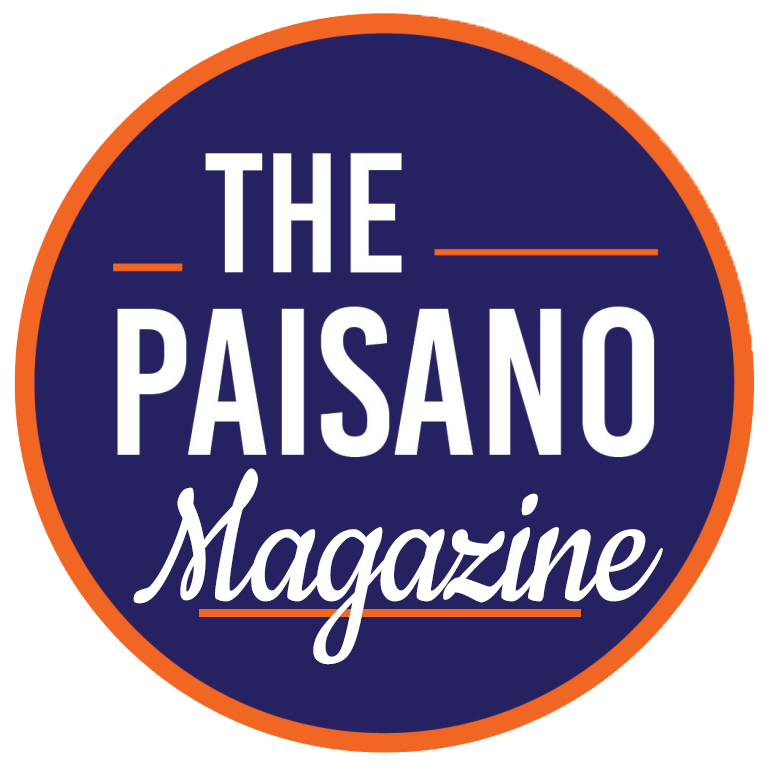__gallery.jpg)
Rafael Gutierrez/ The Paisano
Let’s face it: we’re not getting any younger. These days, students can get absorbed in their daily lives — school or work-related — and may make some questionable food choices. Now more than ever, it’s important to keep a healthful exercise routine and eat fruits and veggies often.
Trying to find the time to workout may be a struggle for some, but it’s the small choices in life that can help or inhibit our health. With these simple tips, the road to a healthy lifestyle is more clear than ever.
GOOD THINGS FOR YOU
Protein: Not all protein mixes are created equal. Before splurging on this often-pricey product, do some research on your body type and what results you’re seeking from supplements. Poultry, Greek yogurt and certain cheeses are great sources of protein.
Fish oil vitamins: These nifty yellow pills are full of essential omega 3 fatty acids, in other words, stuff that’s really good for you. Fish oil pills may lead to a lower risk of heart disease and have the potential to help with weight loss.
Multi-vitamins: Multi-vitamins are great for those who can’t squeeze every type of vitamin in their daily diet. While some studies suggest that multi-vitamins are unnecessary and can’t replace a sensible serving of fruits and vegetables, the general consensus proves that multi-vitamins are beneficial.
Chia seeds: Chia seeds have many health benefits that include lowering blood pressure, reducing food cravings, hydrating the body and protecting against heart disease.
Flax seeds: These tiny seeds assist with digestive health. Flax seeds can be purchased whole or in powder form. Adding a small amount into your smoothie or yogurt can make a big difference.
Sleep: Be sure to catch up on your Zs. Sleep has been known to improve memory, enhance productivity and increase metabolism. Believe it or not, sleep also plays a role in your diet.
The hormones leptin and ghrelin are produced while you’re sleeping. Leptin sends signals to the body that alert you when you’re full, while ghrelin tells the body when it is hungry. If you are finding it harder to feel full after eating meals it is more than likely due to lack of sleep. Studies have shown that metabolisms are weaker when we are sleep deprived. An average night’s rest for a college student consists of seven and a half hours.
Fruits: Fruits are wonderful natural remedies to common ailments such as headaches, cramps, colds and other illnesses.
PRE-WORKOUT
Blender beverages: Natural juice blends are a great way to hydrate before or after a workout while supplying your body with a full serving of fruits and vegetables. Don’t let the awkward green color intimidate you — haven’t you heard that being “green” is in?
POST-WORKOUT
Almonds: Almonds provide essential nutrients with low amounts of fat. These tasty morsels will keep you feeling full longer, more so than snacking on greasy potato chips.
Avocados: Although the texture may be a little off-putting to some, avocados are full of vitamins A, C, E, K, B5, B6, fiber, potassium and monounsaturated fats, or the “healthy” fats, which are what healthy bodies need. Enjoy it on a salad or sandwich or go all “natural” with only a spoon.
String cheese: The snack that’s most often associated with childhood lunches is actually quite beneficial for you. String cheese is made from a mixture of mozzarella and part-skim milk with a whopping six grams of protein, zero carbohydrates and around 20 percent of your daily intake of calcium. At only 80 calories per serving, you can’t lose.
REMEMBER
Small portions equal small waistlines: Consume only a certain amount of food per day based on your body mass index (BMI). You can find your BMI with such tools as a BMI calculator, which can be found on online health sites.






